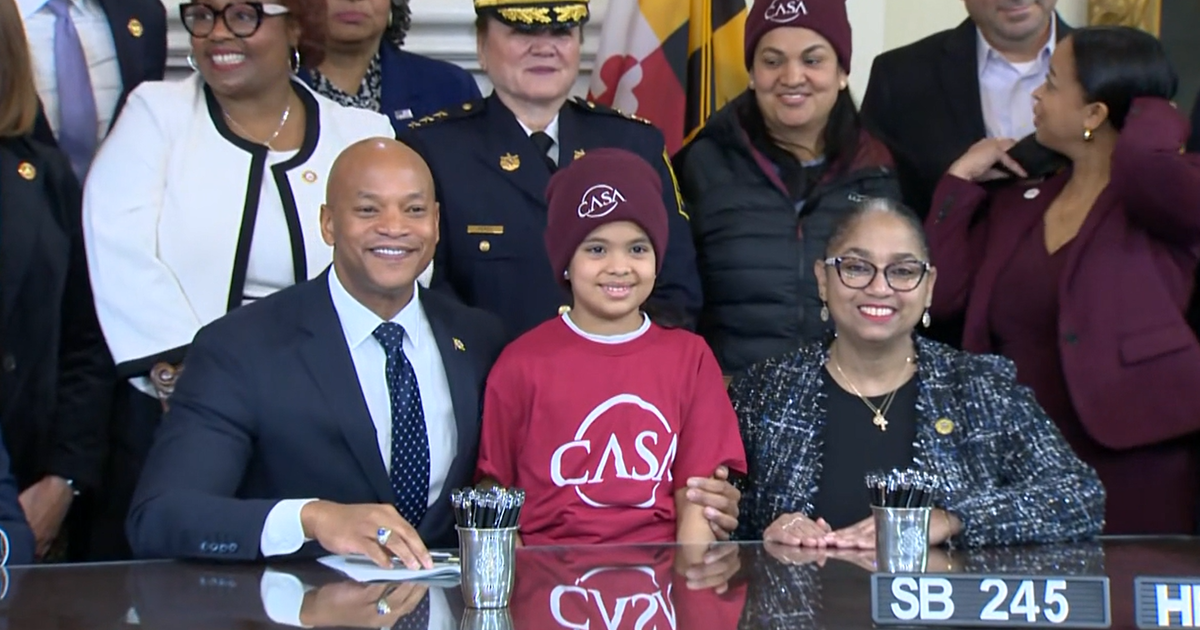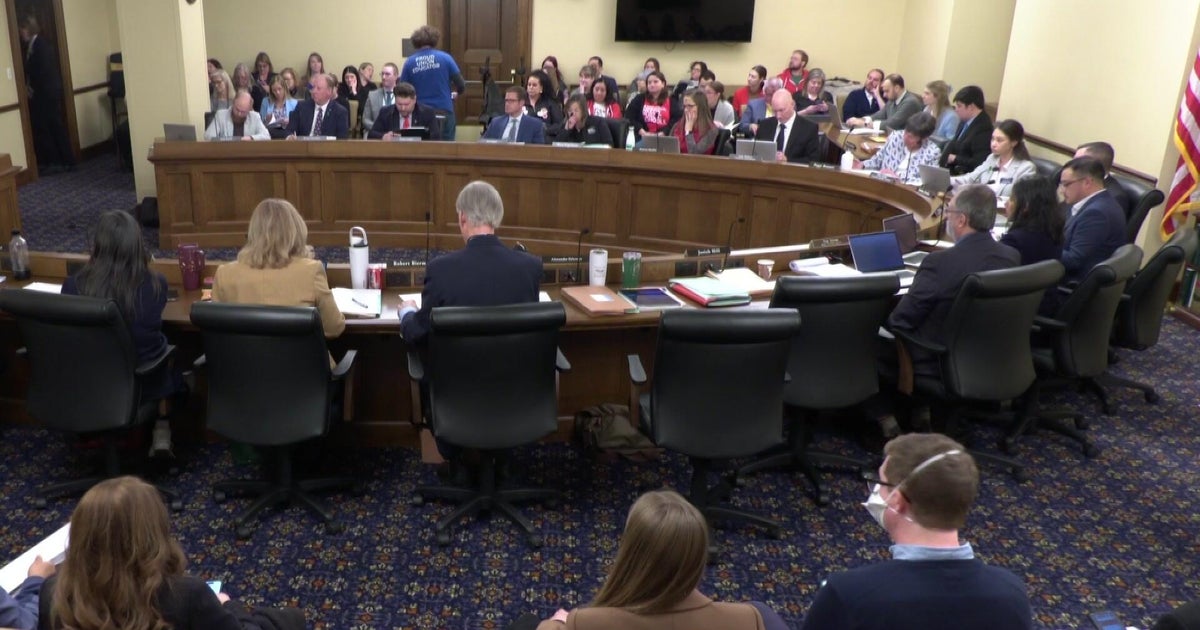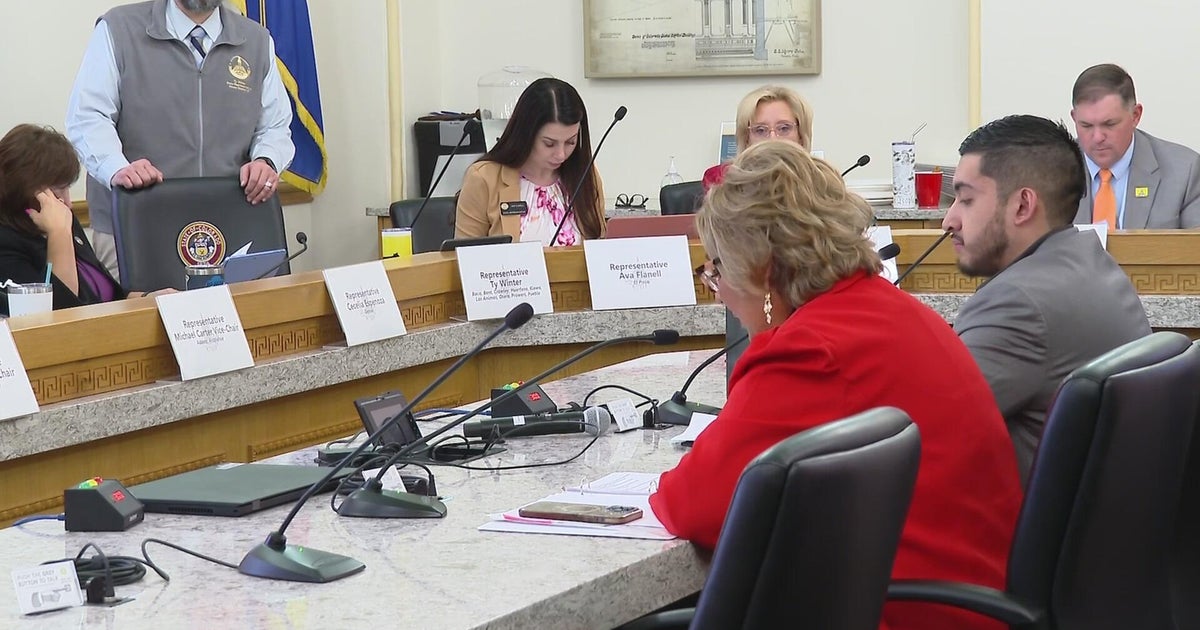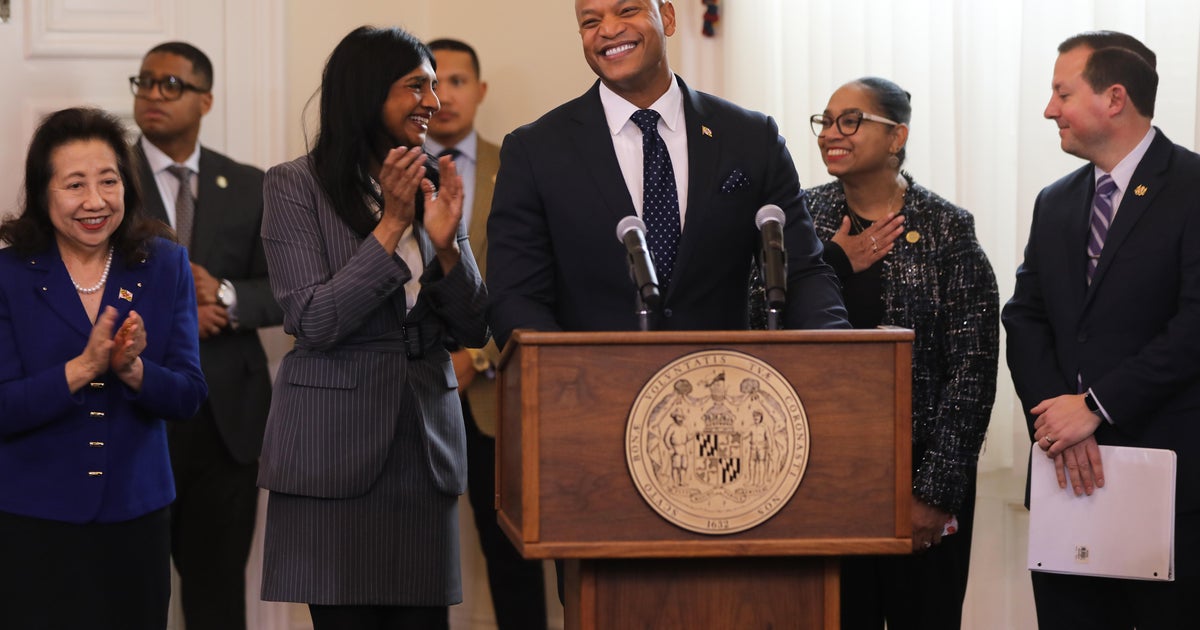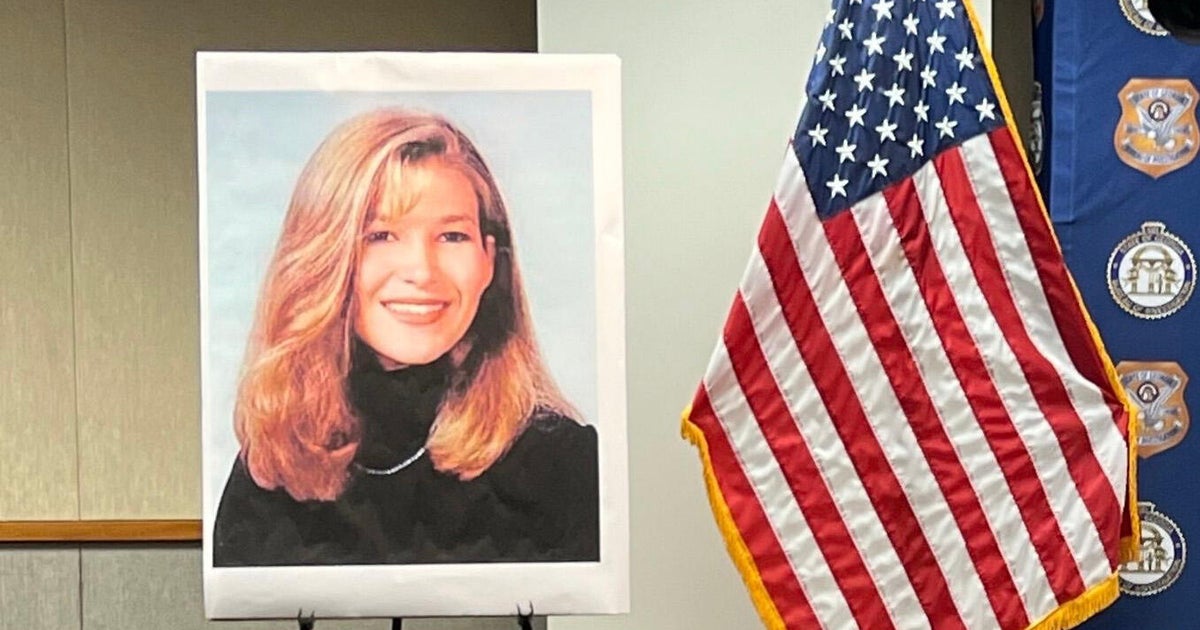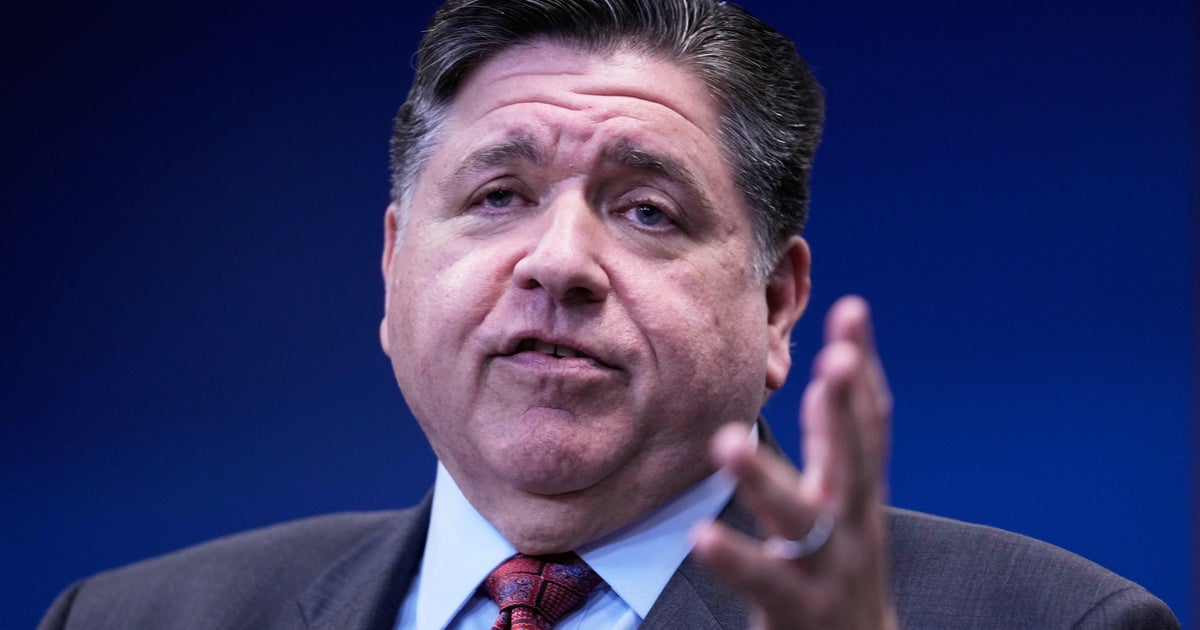Gov. Charlie Baker Signs Bill Overhauling Mass. Public Records Law
BOSTON (AP) — The first major overhaul of the state's public records law in more than four decades was signed Friday by Gov. Charlie Baker and was hailed as a major step toward a more open government.
The measure, passed unanimously by the Legislature, requires state agencies and municipalities to respond to public record requests within 10 days. It also seeks to limit how much an agency can charge for producing the records.
Baker said the changes represent a "new way of doing business" in Massachusetts.
"Here's our statement of intent. Now we have to actually follow through and deliver on it," he said after signing the bill in his office with lawmakers and open government advocates by his side.
The Republican praised legislators for addressing concerns raised by smaller communities about the burden the new public records requirements might place on limited staffs in town halls.
Carol Rose, head of the American Civil Liberties Union of Massachusetts, said the most important provision is one allowing judges to reimburse people for the legal costs of successfully challenging denials of public records requests.
"It's an opportunity for people who have a right to a public record but are denied that right to demand the government give it to them and have the government have to pay the attorneys' fees and costs for doing that," said Rose. "Otherwise obtaining public records is cost prohibitive."
Here are some things to know about public records reform:
___
WHY REVAMP THE LAW?
The last time the state's public records law was updated was 1973, before the dawn of the digital age. Beyond the need to acknowledge modern electronic record-keeping, critics point to long delays in responding to public records requests and the sometimes exorbitant fees charged people for producing those records. Under the old law, critics said there were few consequences for ignoring records requests and Massachusetts often landed near the bottom of U.S. states in rankings for government transparency.
___
WHAT WILL CHANGE?
All state agencies and municipalities must assign a records access officer to respond to and facilitate public records requests. In most cases, requests must be furnished within 10 days; an agency can be granted a 20-day extension and a municipality a 30-day extension, but only if they show good cause for the delay. Costs for producing public records must be reasonable. Agencies can charge for staff time involved in retrieving records, but at rates of no more than $25 per hour and no charge for the first four hours. Fees for black and white paper copies cannot exceed 5 cents per page.
___
HOW WILL THE LAW BE ENFORCED?
The burden is on agencies and municipalities to prove, by a preponderance of evidence, that they can withhold any record sought by someone. The law authorizes the attorney general to take whatever measures deemed necessary to ensure compliance, including court action. And Massachusetts joins 47 other states that allow judges to award attorney fees to people who successfully sue for release of public records. While the law doesn't go as far as mandating attorney fees, it requires judges to explain a decision not to award them in writing.
___
Online: https://malegislature.gov/Bills/189/House/H4333
Copyright 2016 The Associated Press. All rights reserved. This material may not be published, broadcast, rewritten or redistributed.
WBZ NewsRadio's Carl Stevens reports
